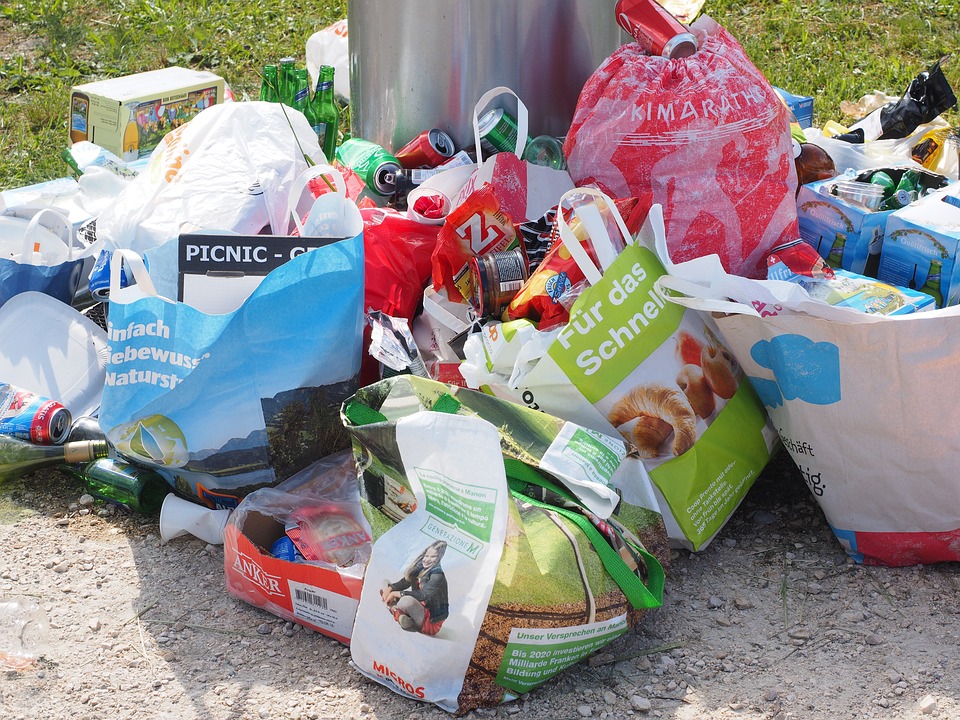Montreal v. Toronto on Organic Waste Management, and Why Toronto is Way Behind
 In the last decade, Toronto has made many improvements to its organic waste collection and treatment. As Montreal is in process of pulling ahead of Toronto in organic waste management, it makes one begin to wonder what City government can do to do a better job.
In the last decade, Toronto has made many improvements to its organic waste collection and treatment. As Montreal is in process of pulling ahead of Toronto in organic waste management, it makes one begin to wonder what City government can do to do a better job.
Toronto has a million more residents than Montreal and yet, Toronto has only two major facilities processing organic waste. Compare this to Montreal which now has plans to develop and implement five organic waste processing plants.
The way that Toronto, Montreal, and so many other North American cities have gone about planning for organic waste management plants is in writing contracts for private companies tasked with designing, building, operating, and maintaining the facility. These all-inclusive contracts evidently do not have many companies will to accept them. To be fair, it’s a very big, long-term, and potentially costly responsibility.
In addition to the nature of these contracts being all-inclusive, the costs of development and operations has been debated. No matter where in Canada, organic waste processing facilities are expensive. In northwest Toronto, there’s the Disco Rd. organic waste plant which opened in 2014. The Disco Rd. organic waste plan processes 75,000 tonnes annually and was developed under a final cost of $76 million. Then, there’s the Dufferin organic waste processing plant which opened in 2002 and is currently in process of being expanded. The expansion has an approved budget of $73.8 million for the project.
All in all, the Toronto organic waste processing plants are rather impressive. They come equipped with negative air pressure, bio-filtration systems to remove odors, open-shut doors, and waste pre-processing equipment. Instead of having this all in a single facility, Montreal has designed their organic waste processing systems a little different. Toronto’s two plants are biomethanation plants whereas Montreal is intending to have a pre-processing waste management plant, two biomethanation plants, and two composting plants. This gives Montreal an arguably more efficient organic waste system.
There are other differences as well between Montreal and Toronto, regarding organic waste processing. Toronto collects 145,000 tonnes of organics per year, which does not include yard waste which is instead sent to private contractors. Comparatively, Montreal collects 160,000 tonnes of waste including yard waste. Toronto’s Disco Rd. facility is only 100,000 sq. ft. whereas Montreal’s upcoming St-Laurent site will be approximately 1,000,000 sq. ft.
Some of the ways in which Toronto is falling behind has to be attributed to provincial backing. Montreal’s under pressure of a provincial target of banning compostable waste from landfills by 2020. In Ontario, there’s no such commitment which has meant cities like Toronto not feeling it to be a necessity to develop more organic waste processing plants and/or not having the funding to do so. This is not to say that there aren’t issues with what’s happening with organic waste in Montreal. That said, this goes to show that in a few years’ time, Toronto may be further behind in organic waste processing unless a conversation is had.
If you are a small business, residential customer, or construction company seeking waste management services, Core Mini Bins would be happy to speak with you. A representative can provide information on how to best process your waste in the most cost-effective and environmentally-friendly manner.


